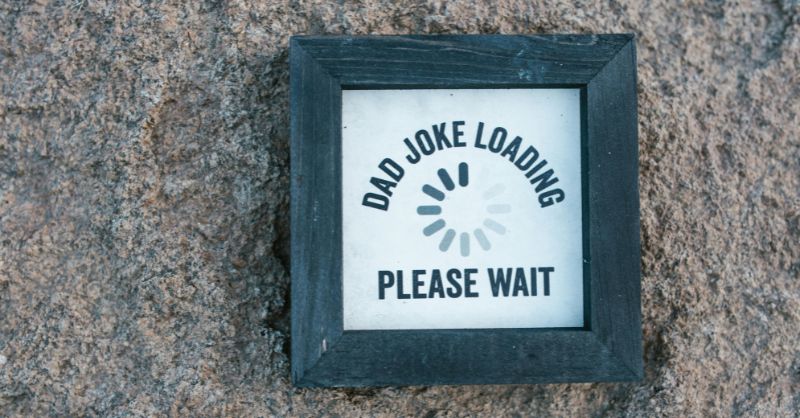
In the ever-evolving landscape of digital entertainment, few controversies have ignited as much debate and scrutiny as the “India’s Got Latent” saga. What began as a seemingly edgy episode of a YouTube show quickly spiraled into a legal and social media firestorm, raising critical questions about freedom of speech, responsible content creation, and the boundaries of comedy in the digital age.
This is the story of how a single viral clip sparked outrage, triggered legal action, and ultimately led to the show’s demise, leaving behind a trail of apologies, accusations, and a renewed focus on regulating online content.
The spark: An inappropriate question sets off a chain reaction
The controversy surrounding “India’s Got Latent,” hosted by comedian Samay Raina, erupted in early February 2025. The show, known for its unfiltered and often irreverent humor, featured a panel of content creators, including YouTuber Ranveer Allahbadia (also known as BeerBiceps), social media influencer Apoorva Makhija, Ashish Chanchlani, and Jaspreet Singh.
During one particular episode, Ranveer Allahbadia posed a question to a contestant that would soon become the catalyst for widespread condemnation. The question, deemed vulgar and inappropriate by many, centered on a hypothetical scenario involving the contestant’s parents’ sexual relationship. While the exact wording varied across reports, the essence of the question remained consistent: “Would you rather see your parents have sex every day for the rest of your life or join once to stop it forever?”.
The remark was shared and re-shared and soon went viral, igniting a firestorm of criticism across social media platforms. Viewers and public figures alike decried the comment as crude, unethical, and disrespectful. Many called for the show’s closure and demanded strict action against the panel members. The uproar intensified as clips from the episode circulated, highlighting not only Allahbadia’s question but also other controversial statements made by the panelists, including Apoorva Mukhija.
Legal action and public outcry: The controversy escalates
As the online backlash gained momentum, the controversy spilled over into the legal realm. Complaints were filed with the Mumbai Police Commissioner and the Maharashtra Women’s Commission, accusing the show’s creators and participants of using abusive language and obscene content. The Hindu IT Cell also lodged a complaint with the Ministry of Information and Broadcasting, demanding action against Ranveer Allahbadia and Samay Raina.
The Mumbai Police contacted Samay Raina and Ranveer Allahbadia, requesting them to appear before the investigating officer to present their side of the story. While no FIR was initially registered, the mounting pressure from social media users, politicians, and celebrities prompted authorities to take the matter seriously. Maharashtra Chief Minister Devendra Fadnavis weighed in on the controversy, stating that strict action would be taken if the show was found to have crossed the line. “Everyone has freedom of speech but our freedom ends when we encroach upon the freedom of others,” Fadnavis said.
The National Human Rights Commission (NHRC) also took notice of the situation, directing YouTube to remove the video after receiving complaints about its offensive language. Faced with mounting criticism and potential legal repercussions, the show’s producers ultimately decided to delete the controversial episode.
Apologies and defenses: Navigating the fallout
In the wake of the controversy, Ranveer Allahbadia issued a public apology, acknowledging that his comment was inappropriate and lacked humor. He admitted to a “lapse in judgment” and stated that he had no intention of disrespecting families or promoting offensive content[6]. Allahbadia also reportedly lost around 8,000 followers across his personal and “BeerBiceps” accounts following the controversy.
Samay Raina, the show’s host, remained largely silent on the specific incident but defended the show’s concept, arguing that comedy should be a “no-rules zone”. This stance drew further criticism from those who believed that Raina was downplaying the severity of the situation and failing to take responsibility for the content aired on his show.
Echoes of the past: The broader context of comedy and controversy
The “India’s Got Latent” controversy is not an isolated incident. It is part of a larger trend of comedians and content creators facing backlash and legal action for their work. In recent years, several Indian comedians have found themselves embroiled in controversies over their jokes and social commentary.
Kunal Kamra: Kunal Kamra, known for his satirical and often critical views, has faced show cancellations and legal challenges for his stand-up routines and social media posts. He’s been publicly critical of Ola CEO Bhavish Aggarwal and even faced contempt proceedings for tweets allegedly criticizing the Supreme Court. He was also banned from flying on several airlines for heckling a journalist.
Munawar Faruqui: Munawar Faruqui was arrested in 2021 after a complaint that he insulted Hindu deities during a stand-up performance. While he was eventually released, the incident led to numerous show cancellations and highlighted the sensitivities surrounding religious humor in India.
These incidents underscore the challenges faced by comedians in India, where social and political sensitivities can be easily acted upon, leading to legal repercussions and threats to their personal safety.
The aftermath: Questions of regulation and responsibility
The “India’s Got Latent” controversy has reignited the debate about the need for greater regulation of online content and the responsibilities of content creators. While freedom of speech is a fundamental right, many argue that it should not come at the expense of public morality or the safety and well-being of individuals.
The incident has prompted discussions about potential changes to guidelines for Over-The-Top (OTT) platforms and social media intermediaries, with a focus on content classification, grievance redressal mechanisms, and stricter enforcement of existing regulations.
As the dust settles on the “India’s Got Latent” saga, the questions it raises about freedom of speech, responsible content creation, and the boundaries of comedy in the digital age continue to resonate. The incident serves as a cautionary tale for content creators and a reminder that with great reach comes great responsibility.



